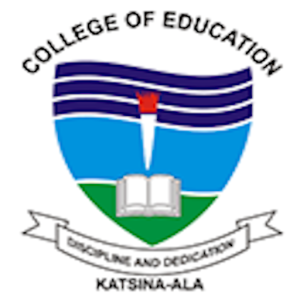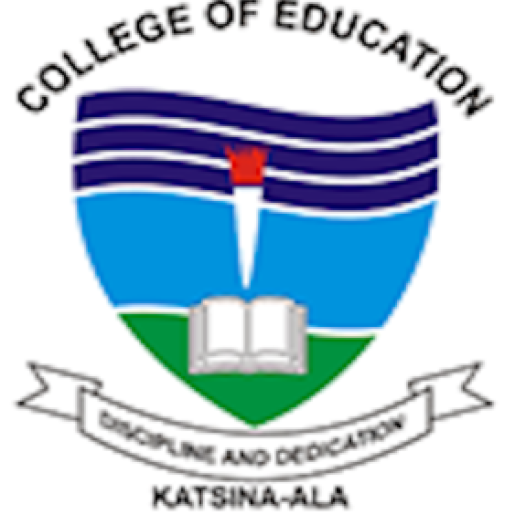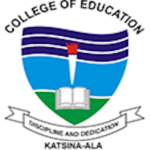Tsavhemba Lubem
Geography Department
Arts and Social Sciences
07065967134
&
Tyondo Terfa
Economics Department
Arts and Social Sciences
07035562170
Abstract
This study examines the impact of flood on students access to secondary education in Parts of Fiidi Ward of Makurdi Local Government Area of Benue State. A total of 120students and teachers were sampled from twelve (12) schools. The data on students and teachers in the study were obtained from structured questionnaire. Data collected were coded, tabulated, and analyzed according to the research objectives. The data were analyzed statistically using SPSS (Statistical Package for Social Sciences) version 23.Chi square statistic test were used to test the significant effect of the variables in the study. Majority of the respondents at (95.9%)agreed that floods destroy and make roads inaccessible for students and teachers in the study area. Flood destroys infrastructure, Students are unable to cross streams due to collapsed bridges and culverts. During flood schools become inhabitable and roads impassable. The students’ drop-out rate is high during flood, during flood students are actually prevented from accessing their schools in the study area. The study concludes that concluded that floods not only make learning inaccessible for learners and teachers, they close schools, destroy infrastructure, displace families and also used as shelter for displaced families and recommends disaster risk reduction should be integrated into the syllabus in primary and secondary schools and tertiary institutions in Nigeria. Principals, teachers, and students in various educational institutions in Nigeria should undergo annual training on disaster risk reduction.
Key words: Flooding, Impact, Students Access, Secondary Education


